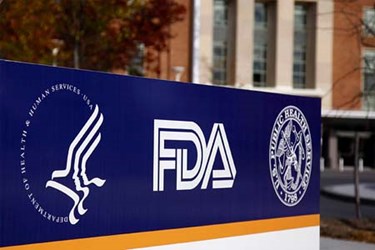New FDA Curriculum To Educate Innovators On Approval Process
By Nick Otto

The FDA is hoping to help industry better navigate the labyrinth of its medical device regulatory approval process by offering a free, university-level regulatory training program.
The program, called the National Medical Device Curriculum, is made up of a number of fictional case studies that are tailored to help academic institutions, startups, and other tech innovators make sense of the regulatory approval process.
According to a recent FDA blog post, the agency organized the aforementioned curriculum through “scores of meetings and two large workshops,” where they collaborated with academics in order to create, for the first time, a learning tool developed to cover the following subjects:
- The regulatory pathways for medical devices
- Safety assurance and risk management planning
- The regulatory pathways for novel devices
- The regulatory pathways for devices that are substantially equivalent to already marketed predicate devices
The initiative has already drawn praise from industry, with Youseph Yasdi, executive director at the Johns Hopkins Center for Bioengineering, Innovation, and Design, noting that the “cases are ‘a good fit’ for his program to train engineers to better understand regulatory issues,” according to Francis Kalush, a senior science advisor at the Center for Devices and Radiological Health (CDRH).
The FDA says additional case studies are being developed to help up-and-coming entrepreneurs and to help the U.S. retain its leadership in medical device development. Kalush also notes that regulatory training is “particularly important” for the medical device industry, as it comprises a great deal of smaller companies that lack experience in navigating the FDA regulatory landscape.
The initiative stems from a 2011 commitment to accelerate the innovation process while reducing the costs of developing safe devices. At the time, the FDA established the Medical Device Technology Innovation Partnership and tasked the group with developing a program to better educate industry about the agency’s standards and procedures when evaluating and approving devices.
This new learning tool grew from collaborations with Stanford University, the University of Virginia, Howard University, Johns Hopkins University, the University of Maryland at College Park and at Baltimore, and the University of Pennsylvania.
